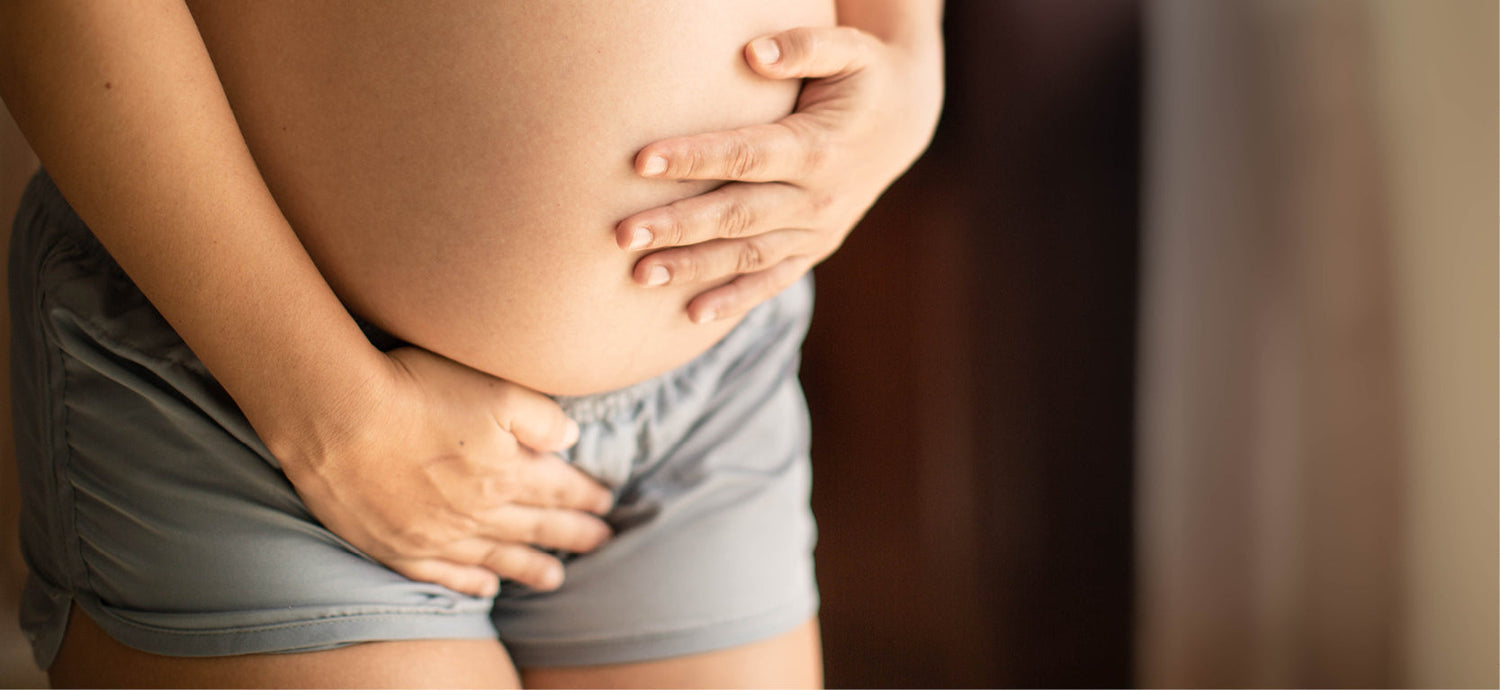WHAT ARE ROUND LIGAMENTS?
Round ligaments are the supportive ligaments on either side of the uterus. These ligaments attach the uterus to the pelvis to support the uterus and keep it in place.
During pregnancy your hormones cause your ligaments to become loose and relaxed. As your uterus grows, it can tug on these ligaments and stretch them causing spasms. This can be painful for some women and is often described as short, painful spasms or cramps in the abdomen.
Pain may occur on one side of the abdomen or both sides. Abdominal pain during pregnancy can be scary, however round ligament pain is a normal part of pregnancy and nothing to be concerned about.





Leave a comment
All comments are moderated before being published.
This site is protected by hCaptcha and the hCaptcha Privacy Policy and Terms of Service apply.